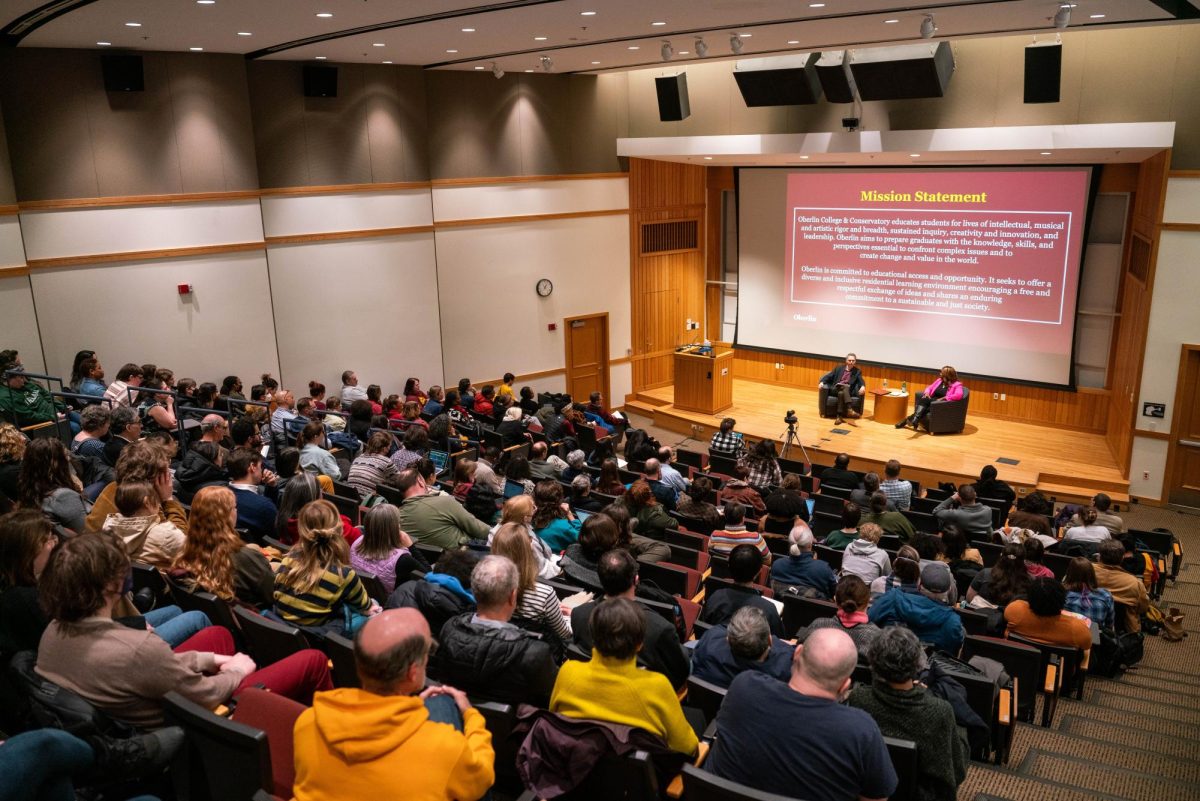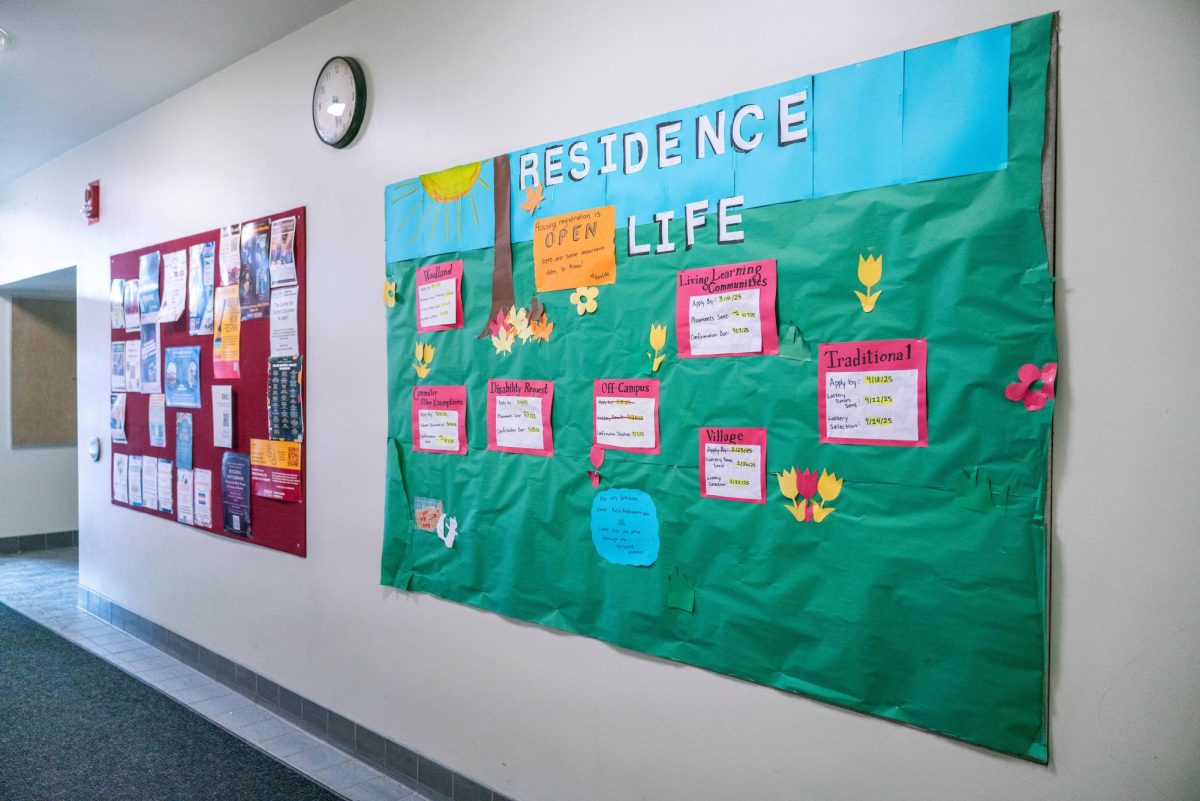Context Must be Considered in the Review of Campus Events
November 1, 2013
To the Editors:
When cultural events are critiqued, it is vitally important that the critic is familiar with the culture and context surrounding the event. This applies to drama, music, visual arts, dance, anything. Without context, it is easy to miss the point entirely and do more harm than good. It is clear to me that the theater reviewers are often unfamiliar with campus theater and theater arts at large. These articles are doing a disservice to your publication as well as to Oberlin theater in general.
Last week’s article panning the Oberlin Student Theater Association’s Fall Showcase was inappropriate. The author accused the show of being inconsistent, un-unified and disorienting. The OSTA Showcase is a tradition that provides a forum for students to experiment with acting, directing and writing. It is intended to present whatever variety of ideas that students have. So, the author had no idea that they were criticizing the Showcase for being exactly what it was supposed to be. I have attended the show three years in a row and am happy to testify that the actors, writers and directors succeeded in creating a joyful and interesting show which was well received by audiences, as usual. It is a shame that the Review did not bother to talk to any participants about their perspective. Students participate in the Showcase to experiment and have fun, not to be harshly criticized. It is a low-key project that is often the first exposure that freshmen have to acting opportunities on campus. Hopefully this excessive critique does not discourage budding theater artists who are unfamiliar with the Review’s history of uneven theatrical reviews.
Allow me to briefly hearken back to just a couple of articles from last year. In December 2012, the Theater department produced Man of La Mancha, which was reviewed the same week as Into the Woods, produced by the Oberlin Musical Theater Association. Both of these musicals are well known and well loved in the American theater. Both reviews were generally negative, focused on a dislike for the writing and story. Anyone familiar with the world of drama would have been entirely concerned with the directing, performance and technical aspects instead of retelling the plot and attempting to criticize Stephen Sondheim, the master writer and composer. Perhaps the reviewer could have investigated the reasons that both shows were sold out every night, as I recall, instead of giving the whole school a negative impression of the students’ and faculty members’ work.
The Review has a duty to understand the context and meaning of a cultural event before reviewing it or to give the assignment to someone who is familiar with the event. In particular, critiquing — and panning — the OSTA Showcase is akin to criticizing a jam or soul session: It’s uncool and a bit rude. Please take such misunderstandings out of the newspaper and tell the truth: The passion and dedication of theater artists on campus is infectious, and they continue to craft new ideas fearlessly.






















